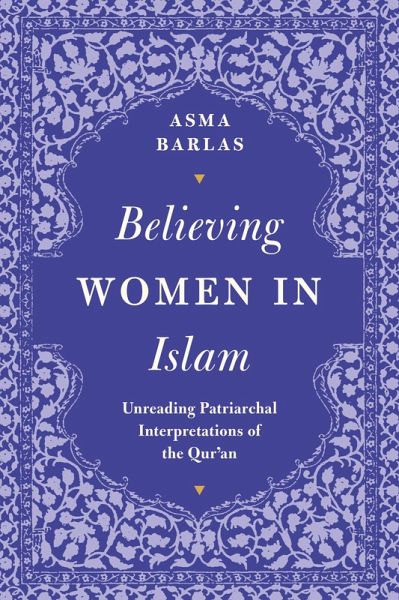

Shariah, that is, classical Muslim law is based on this understanding. These texts are referred in developing tafsir, that is, exegesis or interpretation of the Quran. To understand Quranic exegesis, we need to know the intertextualities or interrelation between the secondary texts, such as, hadith, that is, narratives of the prophet and Sunnah, that is, prophet’s biography. Patriarchal exegesis is often due to application of these secondary texts. Secondary texts were highly regarded among religious scholars and state elites. Many pre-Islamic arab, byzantine, jewish and persian elements were included in the secondary texts. The secondary texts were influenced by social and cultural practices. In order to understand how Muslims produce religious meanings from the Quran one needs to identify the methodology used in reading the Quran and the secondary texts. For Muslims, Quran is the source of Truth and has practical applications in this world. The Quran was revealed through divine inspiration to prophet Muhammed over a period of years. Despite these flaws, this book is loaded with interesting facts about Islam that may even surprise Muslims.They change the words from their right places and forget a good part of the message that was sent them. The opening chapter is bogged down in such quoting, and also in excessive worrying over her critics on either side of the debate.

Barlas quotes from a smorgasbord of Islamic scholars, resulting at times in a choppy read that drowns out her own more appealing voice. Barlas's thesis is irresistible: the Qur'an itself has a very positive view of women whereas patriarchal culture caused the various interpreters of the Qur'an to read their own biases into the text to justify the oppression of women.

Some flawed traditions, along with mistranslations, ingrained patriarchy into Qur'anic interpretation, in spite of obvious Qur'anic injunctions to the contrary. Barlas argues that a military-scholarly complex manipulated the Qur'an to establish these traditions in a successful effort to preserve the position of the military rulers and clerics of early Islamic history-with women's status being the victim. Or sayings attributed to Muhammad and the shariah, Or the traditions of the Prophet Muhammad, the founder of Islam the hadiths, Persuaded that Islam is a religion of egalitarianism, Barlas is equally clear that misogyny and patriarchy have seeped into Islamic practice through "traditions": the sunna, Barlas, associate professor and chair of politics at Ithaca College, offers a comprehensive revisionist treatment of how the Qur'an actually views women-as equal and even superior to men.


 0 kommentar(er)
0 kommentar(er)
